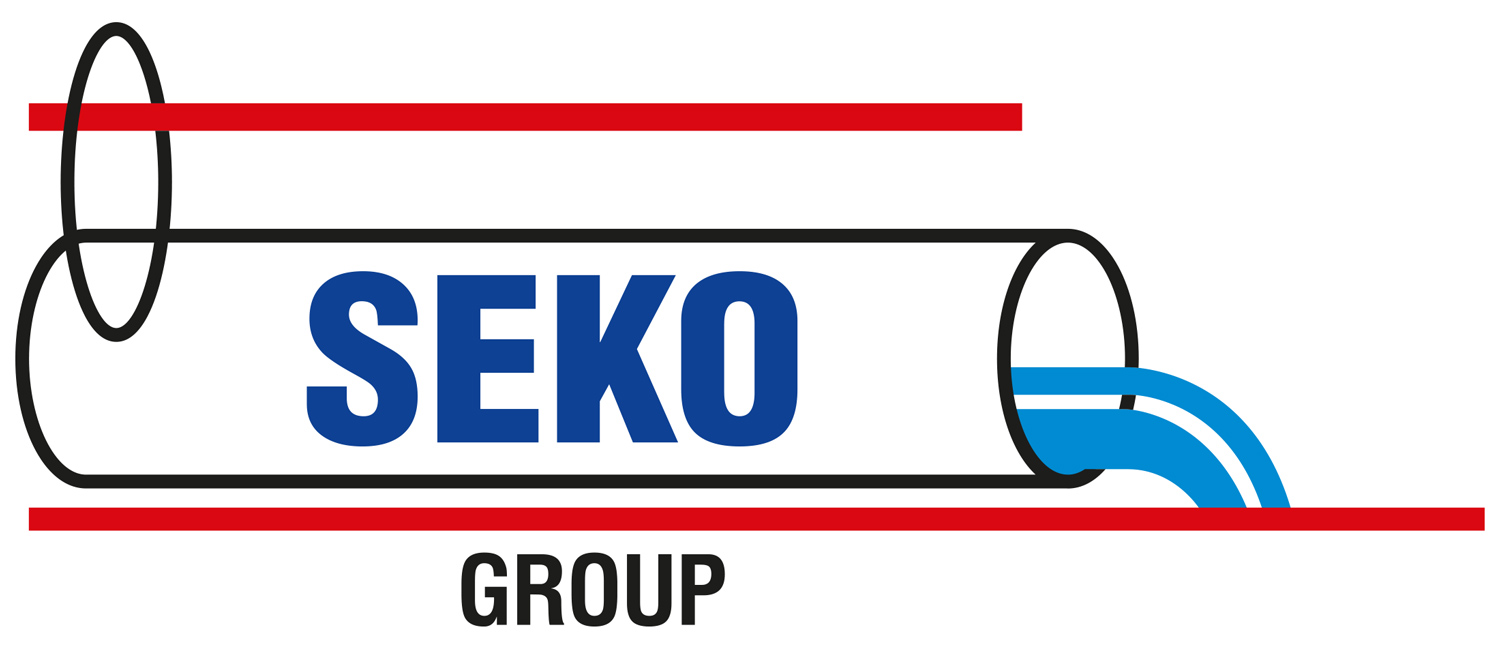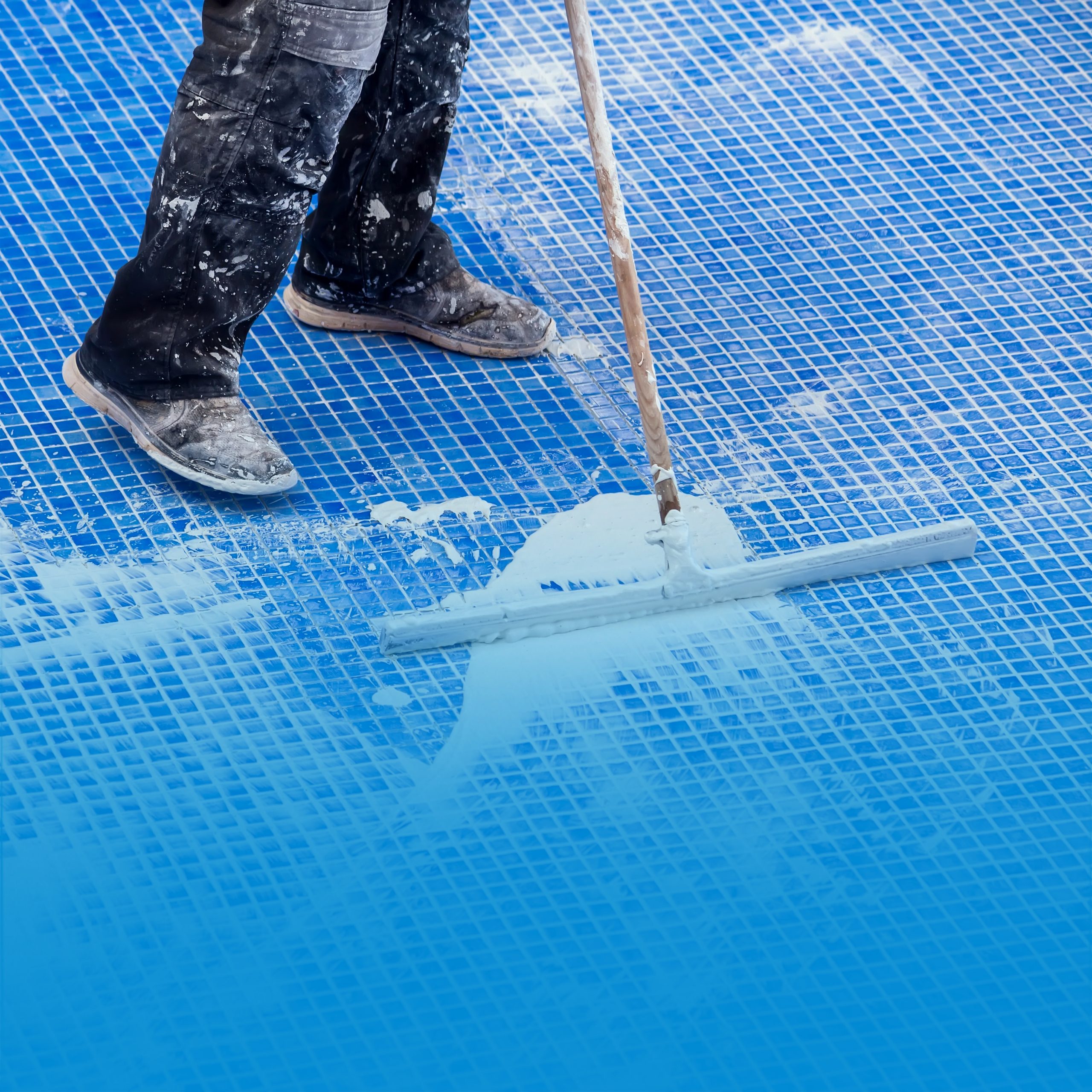Pool Installation and Construction Projects
Seko Group has been completing numerous swimming pool projects across Turkey both in terms of construction and mechanical works for a quarter of a century and continues to provide services for these projects.
Outdoor swimming pools are among the most preferred types of pools today. Their depth varies depending on need. In outdoor pools, heating or cooling systems can be installed depending on different requirements. Depending on the purpose of use, salt water, thermal water, or mains water can be utilized. Regardless of the type of water used, pool filtration remains the most critical component. Based on environmental structures and architectural elements, pool forms can be designed as overflow, concealed gutter, or skimmer types.
Pool filtration becomes essential as pool water gets polluted due to usage frequency and external factors. Hair, lint, dandruff, textile particles, and cosmetics are introduced into the pool by users. Dust, soil, and other elements entering from outside also accelerate contamination. This polluted water is drawn from the pool by the circulation pump and sent directly to the filters. Through quartz sand or glass particles inside the filter, the water is cleansed of harmful particles. Pool chemicals are applied to the water coming out of the filter to disinfect it from microorganisms. The purified water is then returned to the pool. This entire process is referred to as the filtration system.
Pool Disinfection Systems: While the filtration system separates particles, special pool chemicals are used to eliminate microorganisms such as viruses, bacteria, fungi, and algae spores. These chemicals are applied based on the pool’s volume and usage density. They can be administered manually or through fully automated measuring and dosing systems. Additionally, to reduce chemical usage and enhance pool hygiene, salt electrolysis units, ozone generators, and UV disinfection systems can be used.
Indoor swimming pools are typically found in homes, sports complexes, residential compounds, and hotels. As they are used during winter months, a water heating system is generally required. During project planning, it should be considered that indoor pools might be subject to intensive usage, and thus the filtration cycle should be shorter. Although they do not differ architecturally or structurally from outdoor pools, heating the pool water enhances user satisfaction. The recommended pool water temperature is between 26–28°C. It is essential to remove humidity and the odors of disinfectant chemicals from the enclosed space. Therefore, proper ventilation and dehumidification systems must be planned and utilized to ensure comfort conditions are met.

